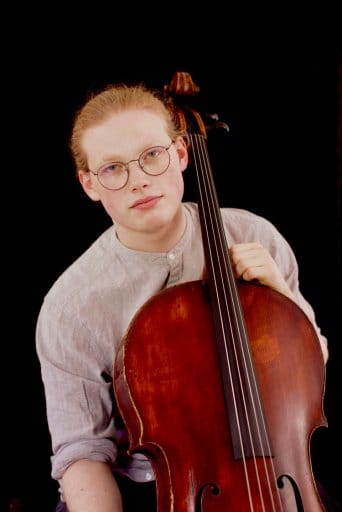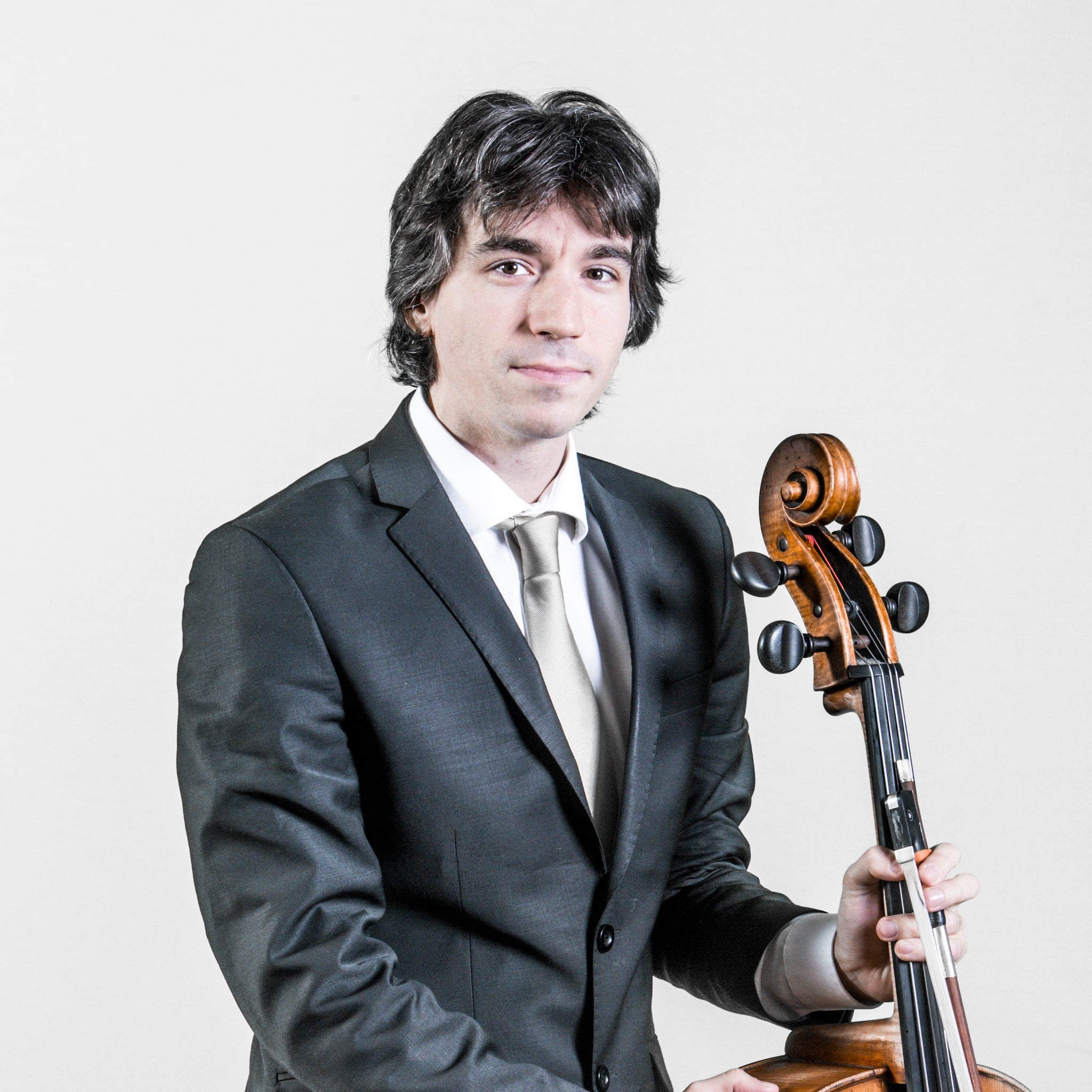Competition rot reaches New Zealand
mainThe Gisborne Competition was won last week by a talented Australian cellist, Miles Mullin-Chivers, 21.
Although still a student at the Sydney Con, he’s a regular player in the Sydney Symphony Orchestra.
The cloud over his win was the sight of his Sydney teacher, Julian Smiles, sitting on the jury.
So it goes.






Comments